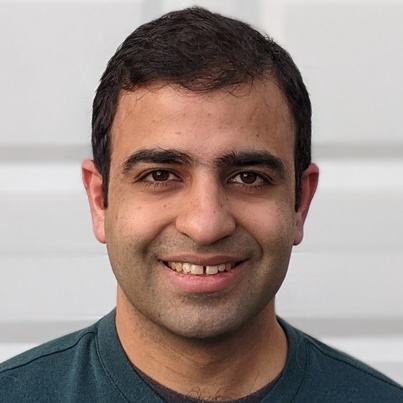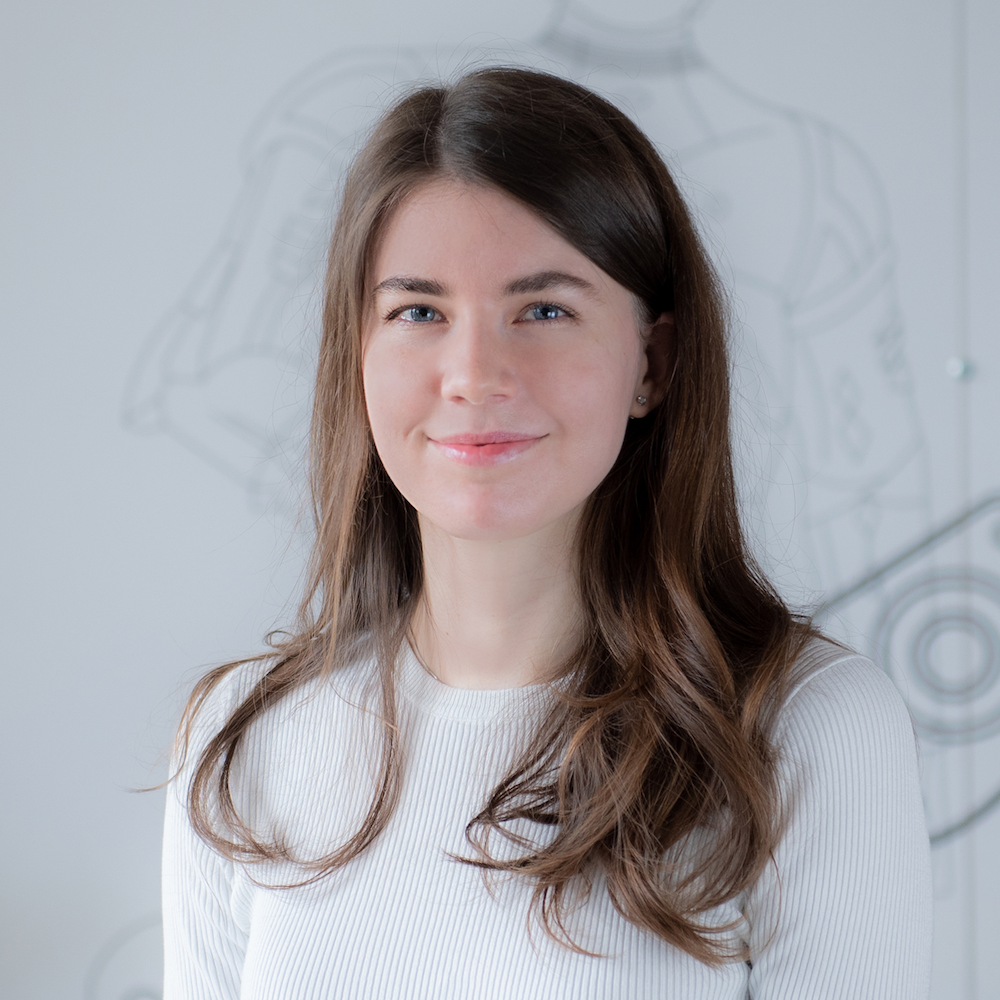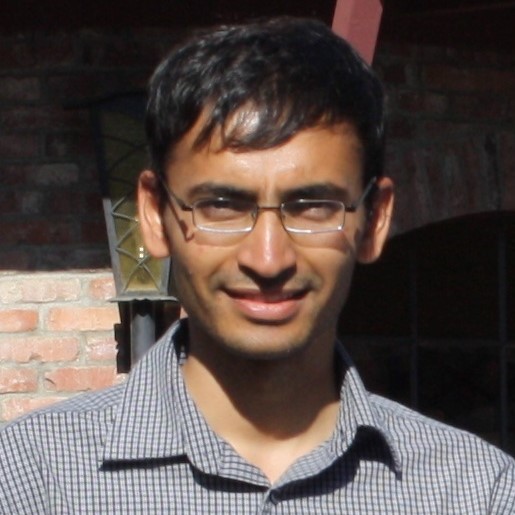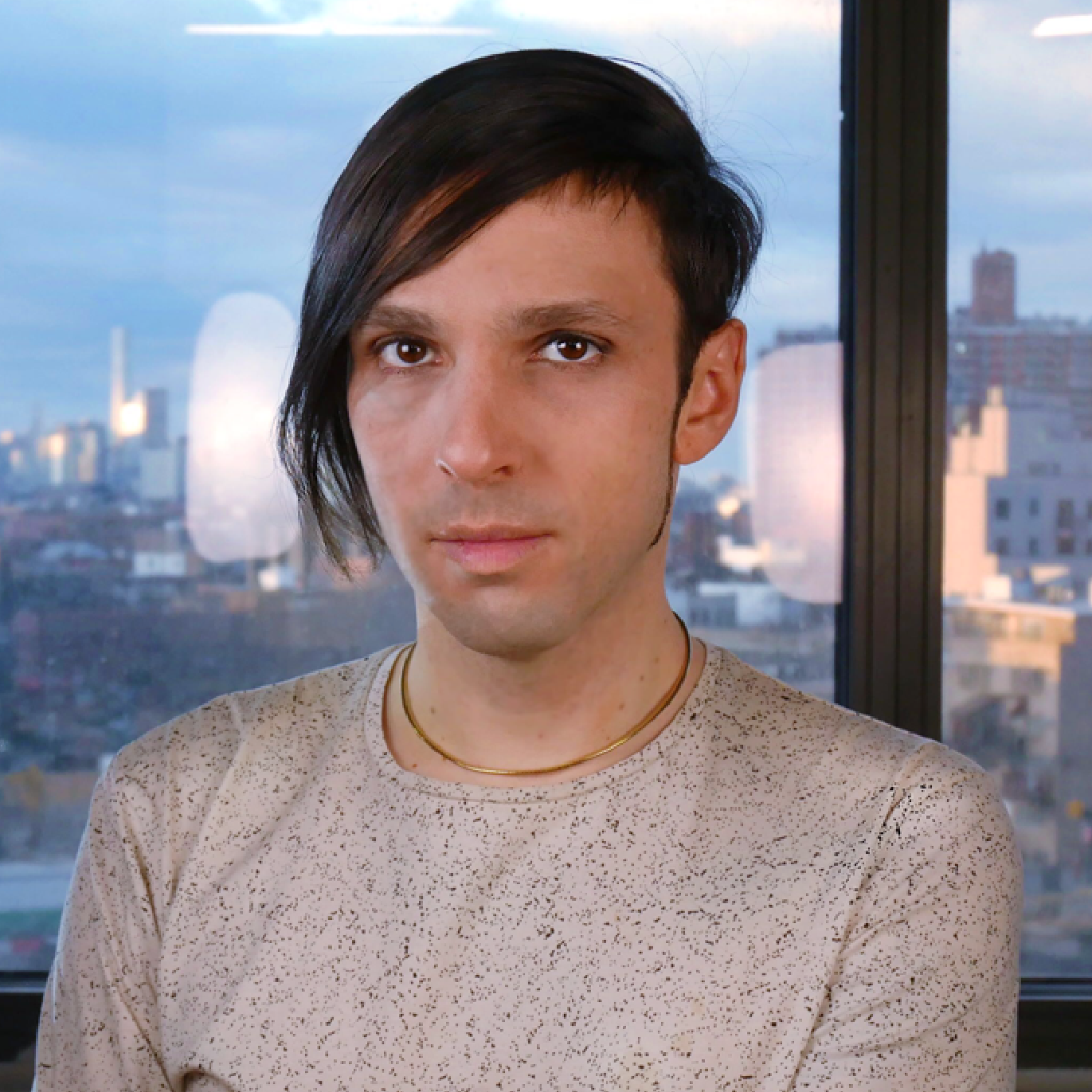Speakers

Richard Newcombe (Keynote)
Vice President, Research Science
Meta Reality Labs Research

Anjul Patney
NVIDIA

Rana Hanocka
University of Chicago

Laura Leal-Taixé
NVIDIA, TUM

Margarita Grinvald
Meta









